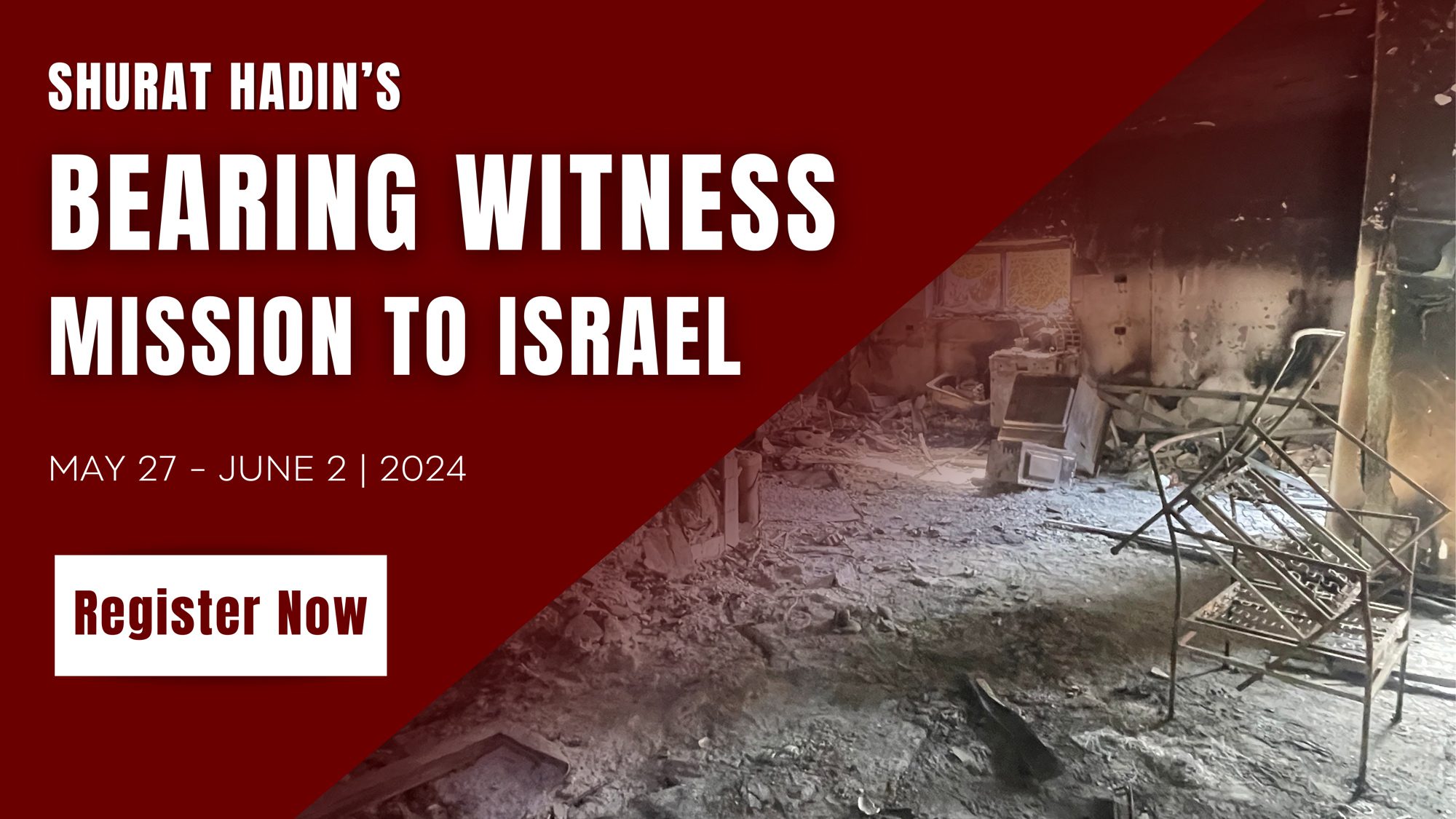This Supreme Court case settled the extent of support that organizations legally can provide to overseas entities deemed as terrorist organizations by the United States government.
Plaintiffs in this case were two US citizens and six domestic organizations, including the Humanitarian Law Project (a human rights organization with consultant status to the UN). The plaintiffs sued the U.S. Government on March 19, 1998. It was subsequently appealed and eventually ended up in the Supreme Court of the United States.
Plaintiffs asserted that they could provide nonviolent support (such as humanitarian and political aid in the form of funds and legal and political assistance) to organizations like the PKK (Kurdish independence from Turkey) and LTTE (Tamil independence from Sri Lanka), both of which had been deemed terrorist organizations by the US Government. Plaintiffs asserted that preventing them from engaging in the aforementioned activities violates the Fifth Amendment, on the grounds of legal vagueness, and the First Amendment, as infringing freedom of speech and association.
In a June 2010 decision, the US Supreme Court focused specifically on a number of terms being challenged by the plaintiff that are used in the definition of the prohibited “material support” under the 1996 Antiterrorism Act (18 USC 2339B). The court held that the statute was sufficiently defined by Congress, as a person of ordinary intelligence would understand the terms in the law, especially after Congress further delineated the terms. Coupled with the clear national interests of the government in suppressing terrorism worldwide, there were enough grounds to limit activities that would assist terror organizations.
The court held that any form of material support, such as training to acquire UN funds or political assistance, serves to benefit the organization by freeing up their resources for them to engage in terror activities. The court noted that medical assistance or independent advocacy would not be considered material support under the statute given the constitutional problems that such a limitation would raise.


